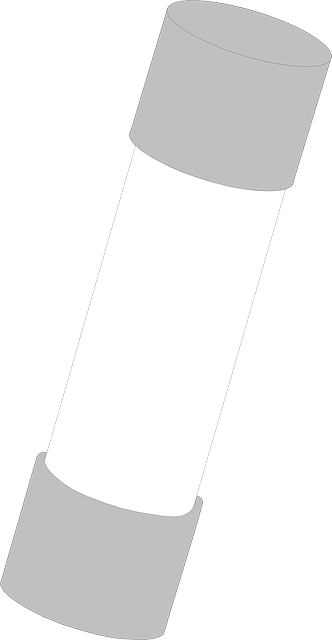Does your air conditioning system constantly blow its fuse? Air conditioning systems have safeguards in place to protect against overcurrent, such as a fuse. It’s typically located in the disconnection box. Next to your air conditioning system’s condenser unit is the disconnection box. Within this box is a fuse.
Fuses are electrical devices consisting of a conductive pathway. They are designed to protect against overcurrent by only allowing a certain amount of electricity to flow through them. If the current exceeds this amount, the fuse will “blow.” Blown fuses are essentially broken so that electricity can no longer flow through them. Here are several possible reasons your air conditioning system keeps blowing its fuse.
Dirty Air Filter
Something as simple as a dirty air filter can cause your air conditioning system to blow its fuse. Air filters are designed to remove dirt, dust, dander and other particulate matter from the air. As this airborne debris accumulates on the air filter, your air conditioning system will suffer from restricted airflow.
A dirty air filter will force your air conditioning system to work harder because of the restricted airflow. It will run for a longer length of time – all while placing a greater load on your home’s electrical system.
Faulty Capacitor
A faulty capacitor may result in a blown fuse. Capacitors are devices that store electricity. Air conditioning systems use capacitors to start up and run. Known as start and run capacitors, respectively, they power the compressor and fan motors.
Capacitors can fail. Depending on the type of failure, it may cause your air conditioning system to blow its fuse. The start or run capacitor may provide too much electricity to your air conditioning system. To protect against overcurrent, your air conditioning system’s fuse will then blow.
Low Refrigerant
Your air conditioning system may blow its fuse if it’s low on refrigerant. Refrigerant is the chemical that facilitates the heat exchange process. Air conditioning systems don’t just produce cool air from nothing. Rather, they work by transferring heat from inside your home to outside your home.
Low refrigerant will place an extra strain on your air conditioning system. Without an adequate amount of refrigerant, your air conditioning system will have to run for longer; even then, it may not be able to cool your home. This additional strain may manifest in the form of electrical problems, such as blown fuses or circuit breakers tripping.


